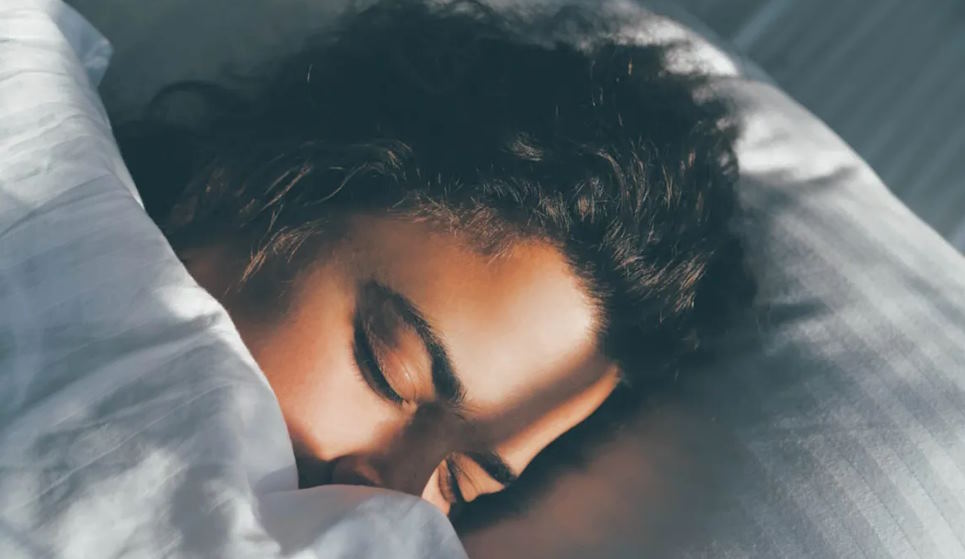In the ever-evolving landscape of health and wellness, the spotlight is increasingly turning towards holistic approaches that consider the interconnectedness of different bodily functions. Students, known for their erratic schedules and often compromised sleep patterns, may unknowingly be impacting more than just their energy levels. It turns out, the time spent in slumber could play a pivotal role in the health of an often-neglected aspect – their hair. Beyond the superficial concerns of vanity, the state of one’s hair can serve as a visible barometer of overall well-being.
Understanding the Hair Growth Cycle
Before exploring the connection between sleep and hair health, it is essential to comprehend the intricacies of the hair growth cycle. The cycle comprises three phases: anagen (growth phase), catagen (transition phase), and telogen (resting phase). Each phase is influenced by a combination of genetic, hormonal, and environmental factors. Proper nutrition and lifestyle play pivotal roles in supporting healthy hair growth, with deficiencies or imbalances potentially affecting the cycle. This foundational knowledge sets the backdrop for examining how sleep, as a fundamental component of lifestyle, interlaces with the delicate dance of the hair growth cycle.

The Connection Between Sleep and Hair Health
Scientific studies increasingly highlight the correlation between sleep quality and hair health. During the anagen phase, the hair follicles are actively dividing, and proper blood flow is crucial for nourishing the cells. Quality sleep ensures optimal blood circulation, providing the necessary nutrients and oxygen to support hair growth. Conversely, sleep deprivation can disrupt this process, leading to weakened hair and potential hair loss. Additionally, sleep is linked to hormonal balance, and imbalances in hormones like cortisol and melatonin can impact the hair growth cycle. Understanding how sleep intricately influences the various phases of hair growth sheds light on the tangible consequences of sleep habits on the health of students’ hair.
Stress and its Role in Sleep and Hair Health
As students navigate the demands of academic life, stress becomes an inevitable companion. Stress, known to impact sleep patterns, emerges as a significant player in the complex web of factors influencing hair health. Chronic stress can lead to increased cortisol levels, contributing to hair thinning and even hair loss. Recognizing the symbiotic relationship between stress, sleep, and hair health becomes imperative for students aiming to maintain a vibrant and flourishing mane. Coping mechanisms that address stress directly contribute not only to improved sleep quality but also to the overall health of the hair.

Tips for Improving Sleep and Promoting Healthy Hair
Armed with the understanding of the connection between sleep and hair health, students can adopt practical strategies to enhance both aspects of their well-being. Establishing good sleep hygiene practices, such as maintaining a consistent sleep schedule and creating a conducive sleep environment, proves pivotal. Dietary adjustments, including a well-balanced intake of vitamins and minerals essential for hair health, contribute to the overall vitality of one’s locks. Lifestyle changes, from incorporating relaxation techniques to managing time effectively, play a crucial role in reducing stress levels and improving sleep quality. By embracing these tips, students can actively contribute to the well-being of their hair while reaping the broader benefits of enhanced sleep.








